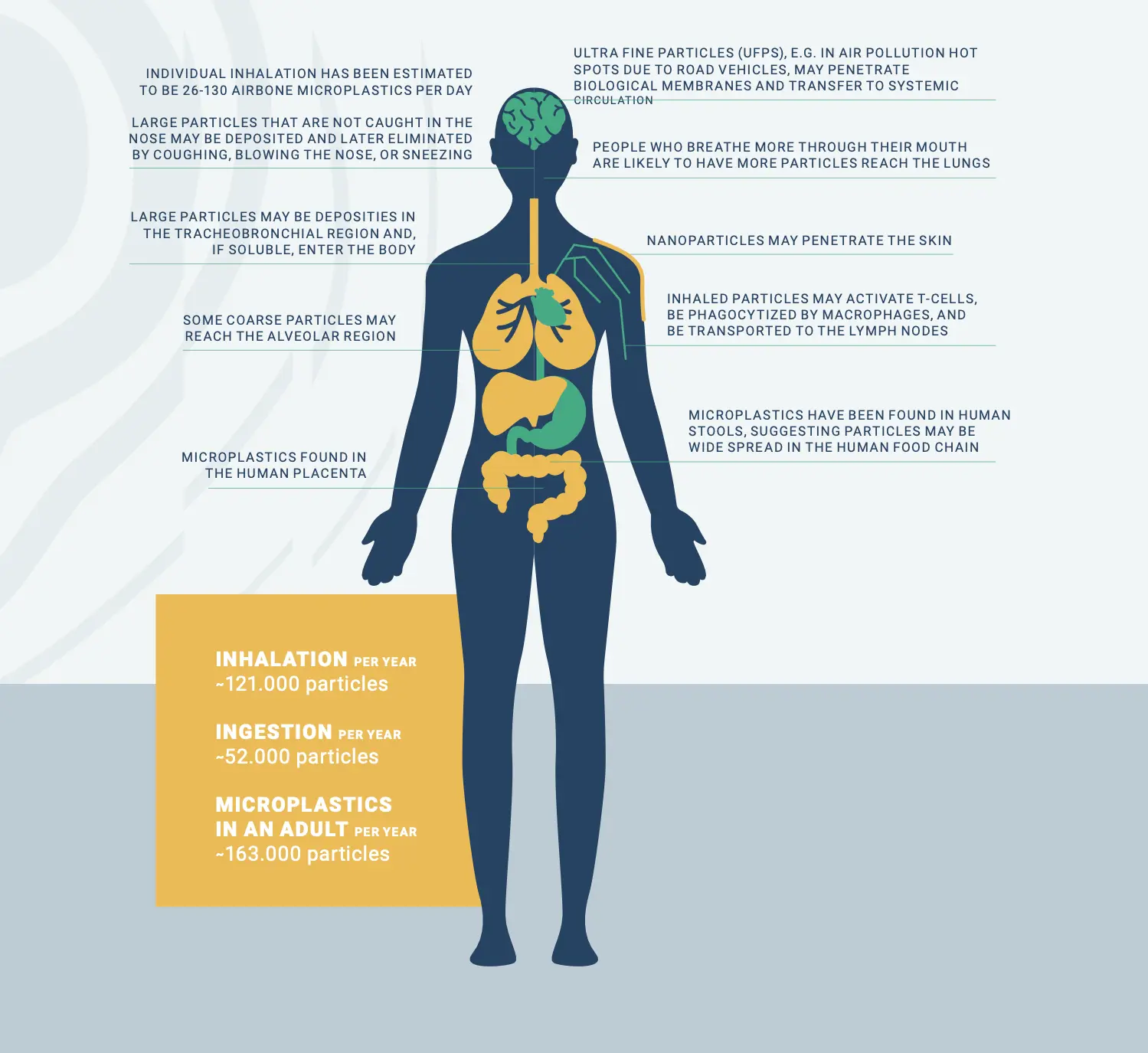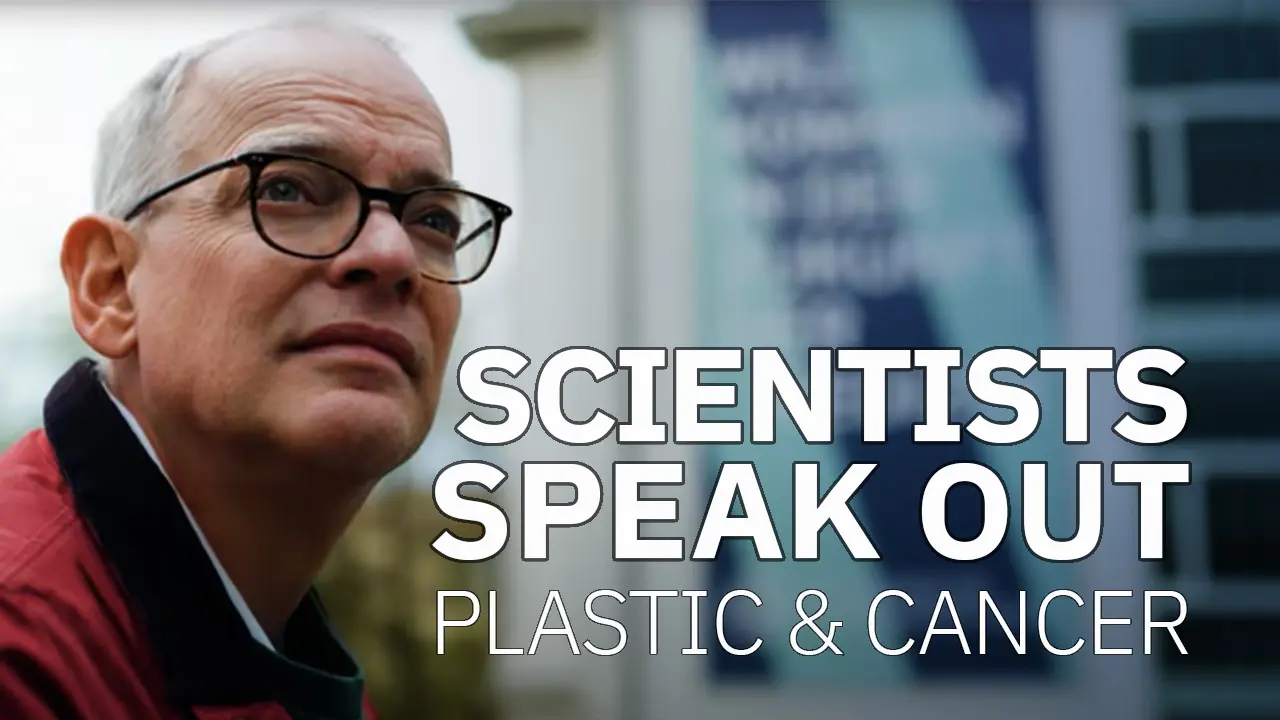Microplastics have been found in our blood, lungs and even placentas. Yet health is still ignored in global treaty talks. Together with scientists, we demand: put human health at the heart of the Plastics Treaty.




© 2025 Plastic Soup Foundation